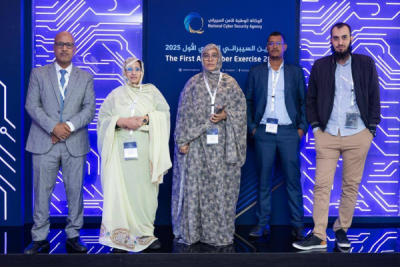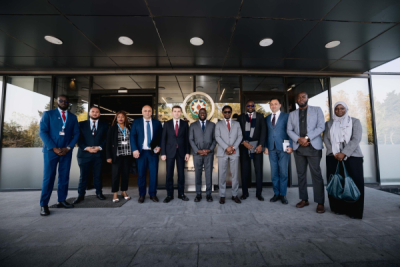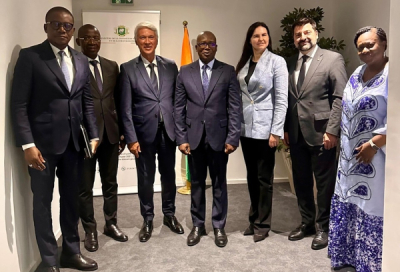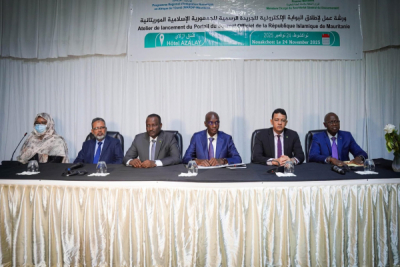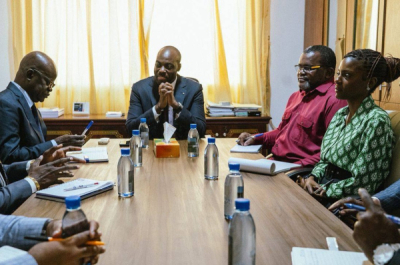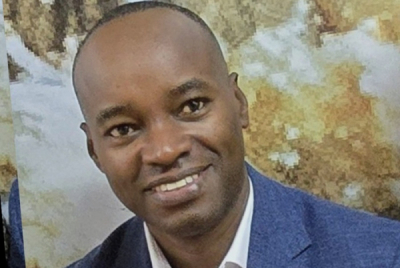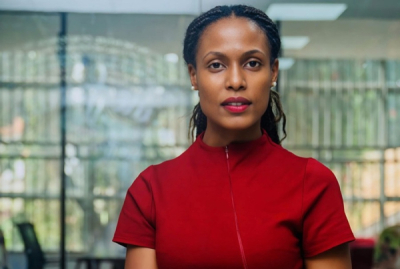-
Mauritania joined 20 other countries in Doha for the first Arab cybersecurity exercise, aiming to boost regional coordination and crisis-response capabilities.
-
The country has accelerated reforms, including the creation of a National Cybersecurity and Electronic Certification Agency (ANCCE) in 2024 and a national strategy running through 2026.
-
The ITU’s 2024 Global Cybersecurity Index ranks Mauritania in the fourth and second-to-last tier, calling for stronger technical and organizational investments.
As digital transformation accelerates, African nations continue to scale up investments in cybersecurity. Twenty-one African countries are now among the 72 signatories to the UN Convention on Cybercrime.
Mauritania participated last week in the first Arab cybersecurity exercise held in Doha, Qatar, an initiative that gathered 21 participating countries. The exercise supports the government’s effort to reinforce national digital security.
The Ministry of Digital Transition said in a 25 November statement: “This exercise aims to strengthen Arab cooperation in cybersecurity, develop the technical and administrative readiness of participating countries to respond to cyberattacks and manage digital crises. It also represents an important step toward building a safer and more efficient Arab digital space.”
Cybersecurity has become a key pillar of Mauritania’s international cooperation agenda, notably with the United States. The government has adopted a 2022-2026 National Digital Security Strategy, which outlines six strategic goals covering governance, protection of critical infrastructure, anti-cybercrime measures, awareness and skills development, and both national and international cooperation.
In April 2024, authorities created the National Cybersecurity and Electronic Certification Agency (ANCCE) by decree. The institution aims to protect the national cyberspace and strengthen cybersecurity governance. The move builds on prior progress, including the country’s 2023 ratification of the African Union’s Malabo Convention on cybersecurity and data protection.
Mauritania’s initiatives reflect a continental and global environment marked by rapid digitalisation and rising cyber threats. In January, the government launched Digital-Y, a €4 million ($4.6 million) project funded through a partnership with the German cooperation agency. The initiative plans to expand digital tools across public administration, modernise services, improve transparency and support economic and social development.
Several public services have already been digitised since early 2025, especially in education and justice.
Despite progress, the International Telecommunication Union (ITU) reports that countries must increase cybersecurity investment to fully benefit from ICT adoption. In its 2024 Global Cybersecurity Index, the ITU places Mauritania in the fourth and second-to-last tier. The organisation highlights strong performance in legislative frameworks but says the country must step up efforts in organizational, technical, capacity-building and cooperation pillars.
This article was initially published in French by Isaac K. Kassouwi
Adapted in English by Ange Jason Quenum



